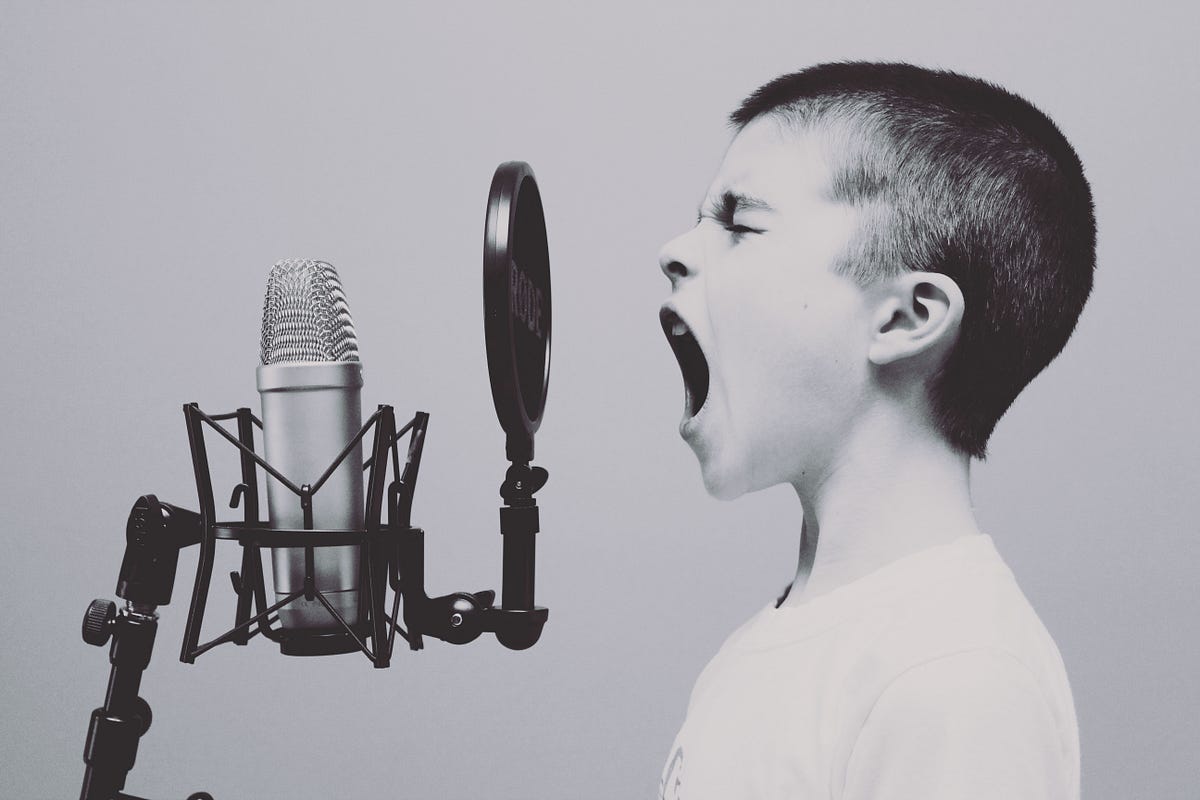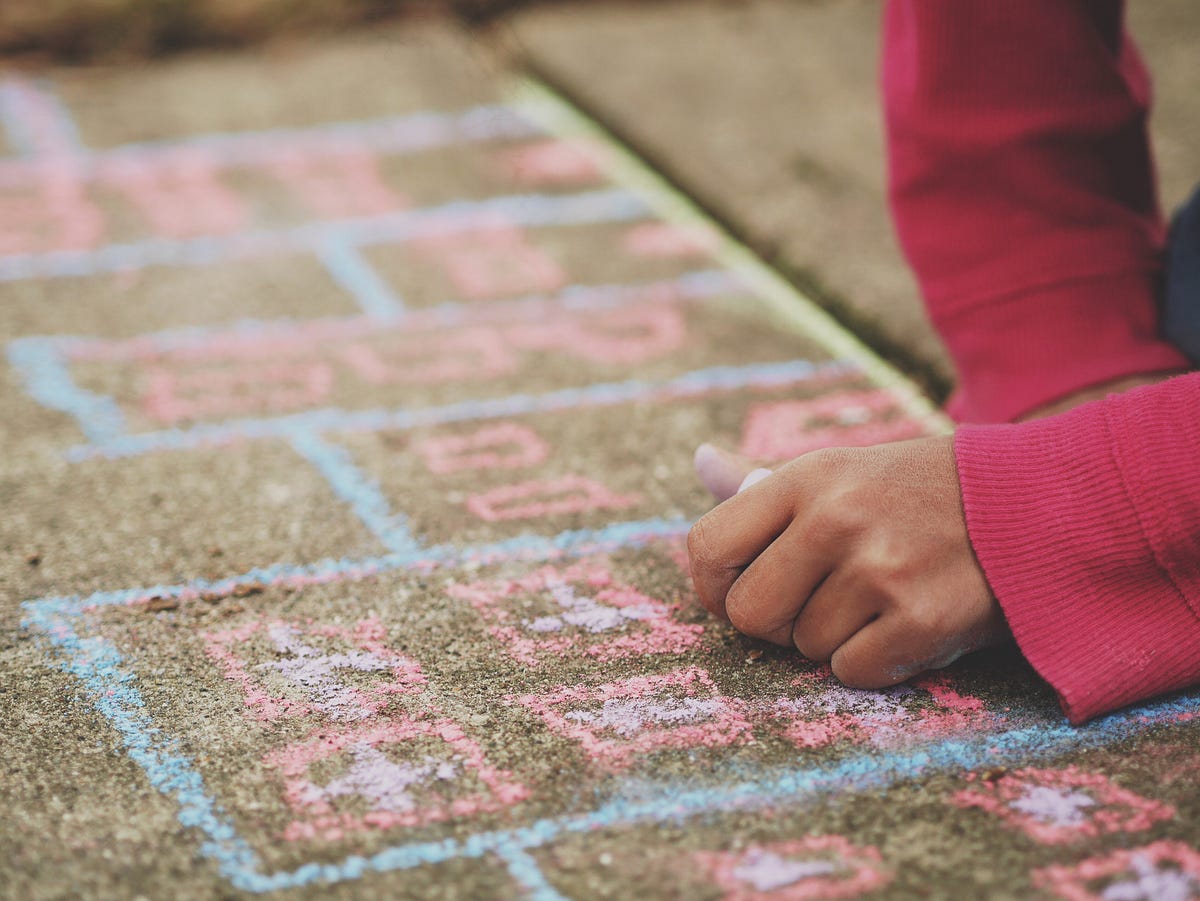
After more than 25 years in education and being only five years away from retirement, I walked away.
Let me correct that, I sprinted away.
People thought I was crazy for leaving when I was within striking distance of retirement. And let me tell you, I tried to stay in. I really did.
After 18 years as a high school English teacher and then seven as an elementary counselor, I needed to switch it up. I was a high school counselor and lasted for a semester. I recently interviewed for an elementary counseling position, and I knew the minute I left that I wasn’t going to receive an offer. And even if I had, it would have been hard to accept the position even with a $75,000+ salary.
The moment I left that interview, I knew I was done. Done with education.
Let me back up the truck for a moment.
When I landed my first teaching job at a parochial school in 1992, it was both scary and exciting. Scary because I was being entrusted with the job of educating students and preparing them for the world beyond graduation. Exciting because the world was my oyster. While the curriculum was set before me, I was free to teach it how I saw fit. It was up to me to reach the students I was teaching, and as a professional I was given the latitude to do so by my administration and school board. They trusted me.
That’s the way it was for more than a decade, even when I went from my parochial job into the public school setting. I had gone to college to teach and by putting me in the classroom in front of students, it was that school district’s way of saying, “We trust you to do what’s best for kids.”
And then it changed. I’m not going to get into the politics of the whole “No Child Left Behind Act,” because that was only part of the problem but it did lead to changes in classroom practice.
Gone were the projects, the cross-curricular team teaching, and general creativity in the classroom.
And what were they replaced with?
Testing. Lots and lots of testing.
Teachers will tell you they weren’t teaching to the test so that kids could be successful, but I call bullshit. They were teaching how to take the test successfully at the very least by picking out patterns and trends. And it worked. Because students knew the ins and outs of how to take certain tests and the overall format, they were successful at the high school level.
However, I noticed something else was happening when I entered the world of elementary school counseling, the steady flow of behavior issues in the classroom.

Why? More than ever, education was being done to students instead of them having an active participatory role. Instead of creating, we started cramming information down their throats. Instead of giving them an opportunity to problem-solve in a social environment, adults swooped in to solve or the only way the kids knew how to solve was through physical altercations. You won’t give me that toy to play with? I will punch you and take it out of your hands.
And what’s frustrating was the lack of support.
There was a day that when a student got in trouble at school there would be hell to pay when he or she got home. Parents fully supported the professionals. Now it’s, “What did YOU do to my child to make him/her act this way?”
As the professional, I got tired of being put on the defensive. As someone with two masters’ degrees and over two decades of experience working to make the world a better place educationally, I finally got fed up.
What I would do differently.
I have often thought about what my school would be like if I had one. Here’s what you would and/or wouldn’t observe.
- You would see students engaged in their learning. They would be working on projects of interest to them. There would be a lot of interaction between kids and the adults.

- You wouldn’t see much going on with paper and pencils unless it’s drawing or creatively writing. Gone would be worksheets, because that’s just an educator’s excuse to be lazy or having his/her hands tied because worksheets are their only resources.
- You would see students moving their bodies.
- You would see kids figuring out how to constructively handle conflict between each other.
- You would see parents, students, and staff genuinely working together to do what’s in the best interest for that child’s education.
- You wouldn’t see tolerance for physical outbursts where other students or adults could potentially be harmed. Side note: If the above things are happening in the educational setting, more than likely you wouldn’t see the outbursts anyway.
- You would see students handling constructive criticism and redirection in a positive way.
What has to change.
I know, I know, how would all that happen? Well, that’s a piece for another day, but here’s the thing. I firmly believe it could happen if the following would fall into place:
- Scrap testing and figure out other ways of assessing students. I’m not saying testing is a bad thing when it fits in with a student’s learning style.

- Stop treating kids like they are cookie cutters. Education espouses to differentiating instruction but it should be differentiated learning. While we have amazing educators who are trying to do so, they are handcuffed by, you guessed it, testing.
- Parents/Guardians need to know that behaviors won’t be tolerated. I’ve seen too many classrooms destroyed and learning lost for the entire class because of one student. It’s not fair. If your kid can’t get it together, it’s not his/her problem, it’s your problem. Spend time with your kid, go to a parenting class, participate in family therapy. I don’t care, but your student isn’t returning until the school feels he/she can show progress toward making it in the classroom environment. Administrators need to take a stand and protect the integrity of the classroom, and that starts from the superintendent of that district. It all starts from the top.
- Stop allowing people who have either never been in a classroom or have been so long removed from a classroom to make decisions for what they think are “best practices” for students. Yes, senators and reps, I’m talking to you in part.
- While we are at it, eliminate “best practices” and “what’s best for students” from the vocabulary of all administrators who have no clue about either one or are attempting to guilt teachers into taking on more.
While not an exhaustive list, it’s a start.
Conclusion.
And before you get your panties in a bunch, this is just one person’s opinion. I’m well aware the majority of our students are still doing well, but they could be doing so much better. And the behavior issues are increasing. If you deny that, then you’re basically sticking your head in the sands of denial my friend.
We have a potential educational epidemic on the horizon. High-quality, experienced educators are leaving the profession and young up and comers are figuring out earlier to go a different direction while they are still in college. The number of students entering education is decreasing, and I don’t blame them one bit.
As for me, I sprinted away because I finally got tired of fighting the good fight. There are other ways I can serve and provide value in the world. Being in a school district is no longer it.
Christine Denker is a personal growth writer who takes everyday life happenings and puts a life lesson spin on them. She believes life is what you make of it and the best way to do that is through simple living and positive vibes. ✌️❤️(originally published on Medium, 4/11/19)

